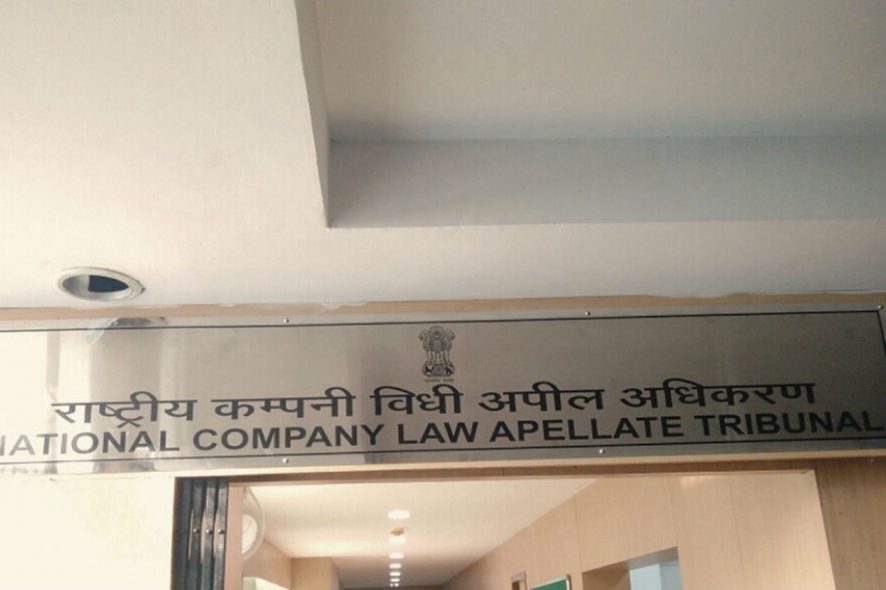National Company Law Appellate Tribunal (NCLAT): A two-member bench comprising of Justice S.J. Mukhopadhaya, Chairperson and Justice Bansi Lal Bhat, Member (Judicial) dismissed an appeal filed against the order of the National Company Law Tribunal, Mumbai.
The directors of Fortune Pharma (P) Ltd., Corporate Debtor, had executed a personal guarantee in favour of State Bank of India, Financial Creditor. Subsequently, the Bank enforced Securitization and Reconstruction of Financial Assets and Enforcement of Securities Interest Act, 2002 and the company was directed to hand over possession of the factory premises to the Bank. Thereafter, the company filed an application under Section 10 of the Insolvency and Bankruptcy Code, 2016 which was allowed. Subsequently, the director of the company assigned his debt in favour of the appellant. The appellant was inducted as member of the committee of creditors by the Resolution Professional. This was objected to by the Bank, contending that the appellant was a related party. The NCLT upheld the objection of the Bank. Aggrieved thus, the appellant filed the instant appeal.
The Appellate Tribunal, at the outset, observed that the assignor was a director of the Corporate Debtor, therefore, he was a related party under Section 5(24) of the Code. Further, a debt assignment is a transfer of debt with all the rights and liabilities associated with it. The assignor assigns its debt in favour of the assignee, who steps in the shoes of the assignor. The assignee thereby takes over the right and also takes over the disadvantages by virtue of such assignment. Accordingly, the director being a related party, with assignment of debt, the disadvantage also goes to the appellant. For the aforesaid reasons, it was held that the issue was rightly decided by the NCLT. The appeal was dismissed sans merit. [Pankaj Yadav v. State Bank of India, 2018 SCC OnLine NCLAT 389, dated 07-08-2018]







